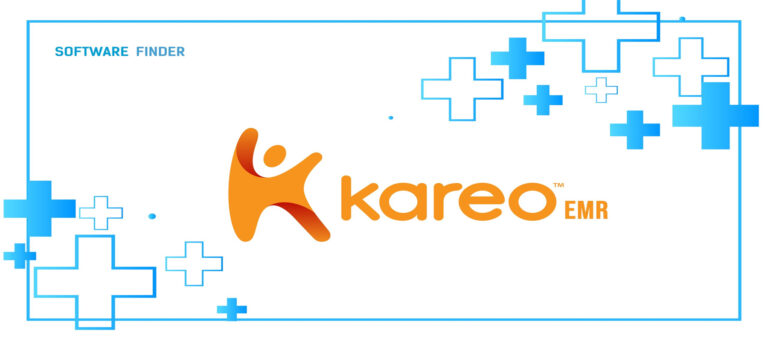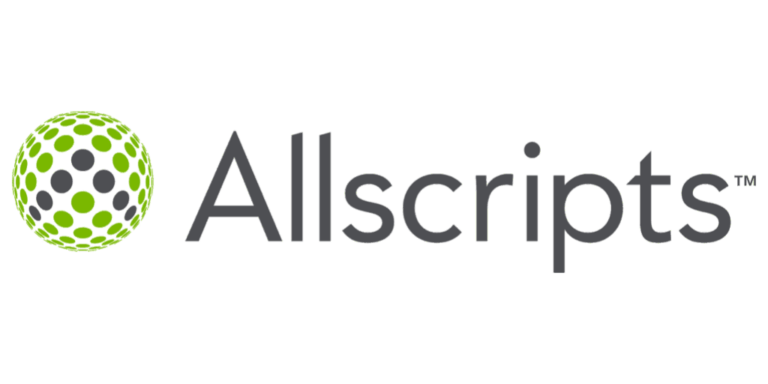- Send billing statements. They will send regular billing statements and reminders for the amount owed.
- Make phone calls. If bills remain unpaid after statements are sent, they will call the patient directly to follow up and try to collect payment.
- Send debt collection letters. More formal letters demanding payment may be sent warning of further action if payment is not received.
- Report to credit bureaus. Unpaid debts may be reported to credit bureaus like Equifax, Experian, etc. which damages the patient’s credit score.
- Hire debt collection agency. If internal efforts are unsuccessful, the unpaid account may be assigned to a debt collection agency which will pursue payment.
- Legal action. Debt collection lawsuits may be filed against the patient to obtain a court judgement mandating payment. Wage garnishments or liens may then follow.
- Send to bad debt recovery. As a last resort, severely delinquent accounts considered uncollectible may be sent to a bad debt recovery service to try to salvage some payment.
- Write off debt. If all collection efforts fail, the medical debt may be written off as a loss by the medical billing service company for tax purposes. The debt still legally remains owed by the patient.
The specific actions taken will depend on the billing company and size of the debt. But these are typical steps used in attempting to secure payment on overdue medical bills.
Rules for Medical Billing Companies
- Compliance with HIPAA privacy and security regulations for protected health information
- Using valid medical codes (CPT, ICD-10, etc) and documenting medical necessity
- Avoiding fraudulent/abusive billing practices like upcoding or billing for unperformed services
- Submitting claims within timely filing deadlines for each payer
- Providing accurate patient and provider information on claims
- Maintaining proper billing records, documentation, and audit trails
- Disclosing required financial interests, ownership, and control information
- Not waiving patient copays/deductibles or providing free services as inducements
- Avoiding activities that could be seen as paying for patient referrals (anti-kickback laws)
- Following Medicare/Medicaid regulations if billing government payers
- Allowing access to records for audits by payers or regulators
- Using proper billing appeal and grievance processes
- Maintaining appropriate licensing in all states where patients are served
The focus is on accurate, compliant billing and protecting patient privacy above maximizing revenues. Unethical practices can lead to steep penalties.







Leave a Reply